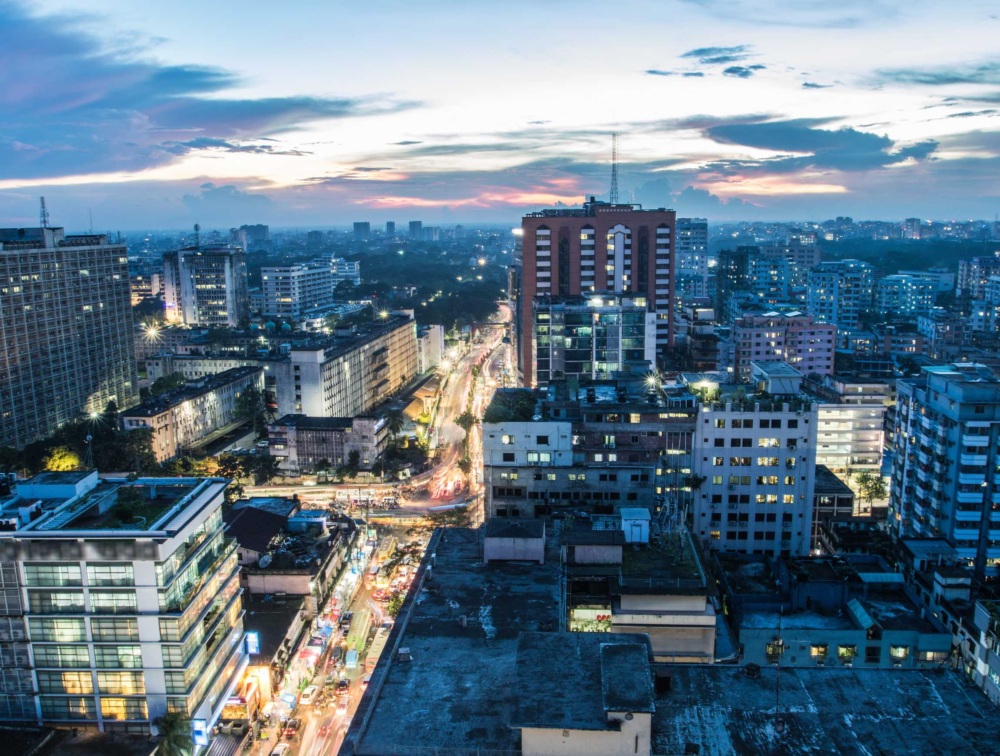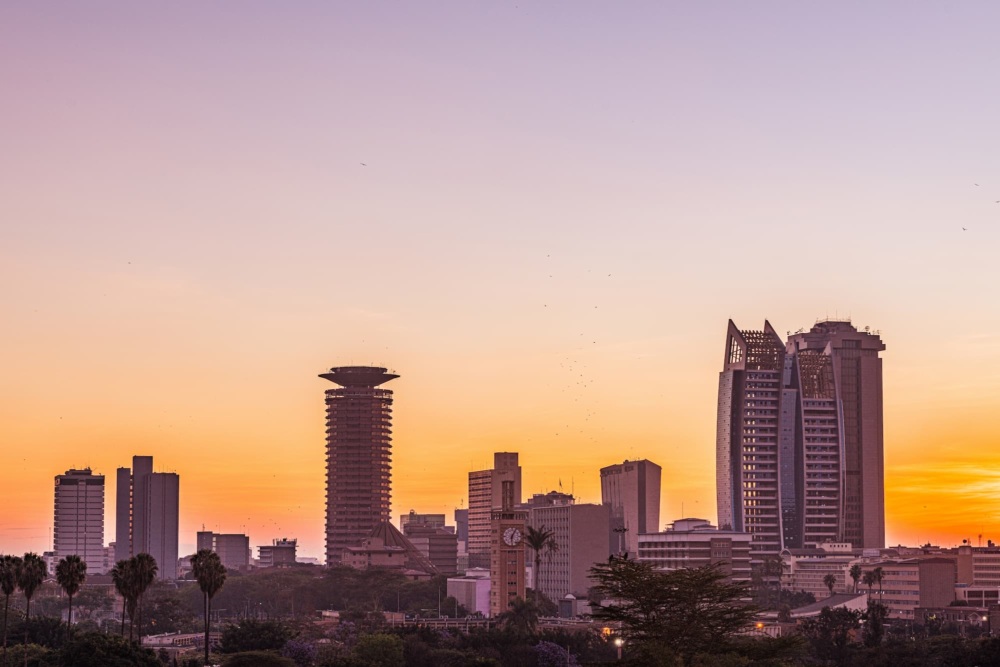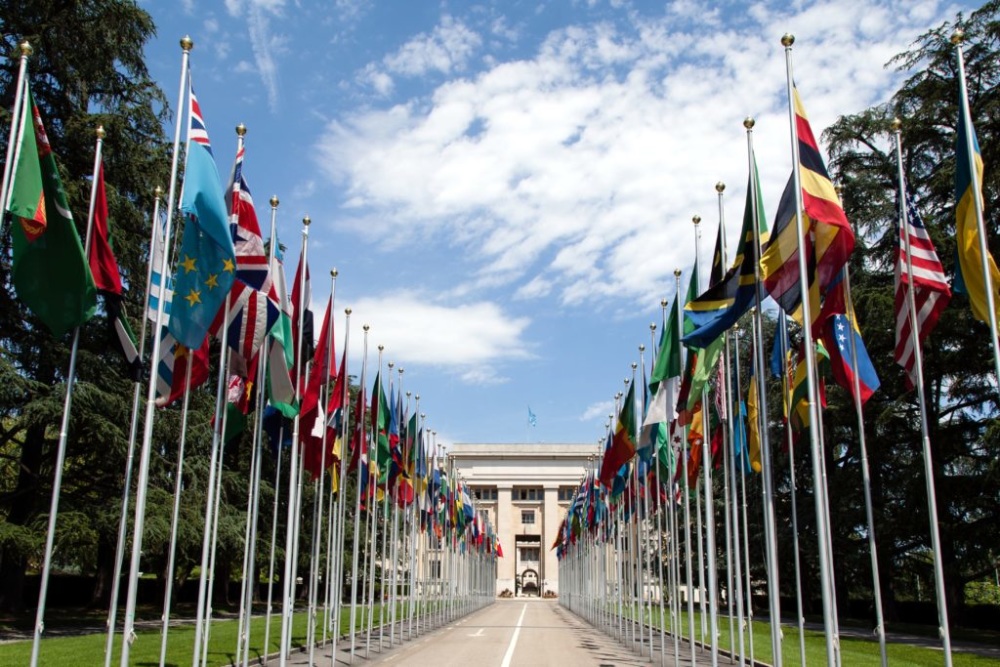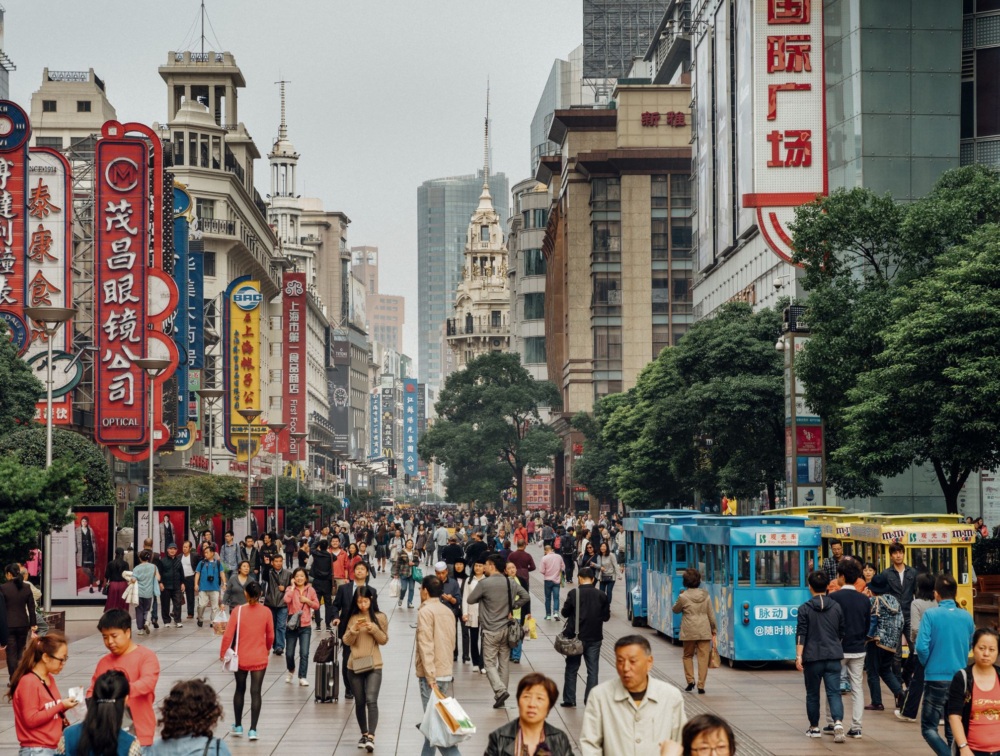Where was Energy Efficiency at COP29?
Energy efficiency was noticeably absent from the UN Climate Conference (COP29) negotiations. This solution must stay on the agenda.
The 2023 UN Climate Conference (COP28) in Dubai gave energy efficiency its long-overdue moment in the spotlight. Advocates highlighted energy efficiency as a cost-effective and scalable tool capable of contributing to halving emissions by 2050. Hailed as a cornerstone of climate mitigation, leaders pledged to integrate efficiency into their national energy strategies, buoyed by compelling data from the International Energy Agency (IEA).
Fast forward to COP29 in Baku, and energy efficiency was conspicuously absent from the main stage. The muted dialogue left many wondering: Why was this proven, cost-effective climate solution sidelined at a time when the climate crisis demands bold and immediate action?
Energy efficiency is a climate solution we can’t ignore
The absence of energy efficiency discussions at COP29 is both perplexing and alarming. Experts widely agree that energy efficiency remains one of the most effective tools to combat climate change. According to the IEA, improving global energy efficiency could reduce emissions by 40% while also slashing energy costs for consumers and enhancing energy security—a crucial consideration amid the geopolitical turmoil of 2024.
The benefits are not hypothetical. From India’s deployment of 10 million energy-efficient fans to Europe’s stringent building retrofit programs, efficiency measures have already shown their potential to drive emissions reductions at scale. Despite these successes, COP29 failed to build on the momentum generated at COP28.
Why was energy efficiency absent from COP29?
There are several reasons why energy efficiency may have been sidelined at COP29:
- Fossil fuel dominance in the region
Baku, as the host city, may have influenced the agenda. With Azerbaijan’s economy deeply tied to oil and gas, there was a palpable tension in spotlighting solutions that could reduce energy demand, thereby threatening fossil fuel revenues. - The perception problem
Energy efficiency often lacks the appeal of high-profile solutions like renewable energy or electric vehicles. It is seen as a technical, behind-the-scenes measure rather than a transformative force—a perception that continues to undermine its importance. - Policy fatigue and fragmented leadership
The global energy transition requires coordinated leadership, yet the fragmented and often short-term focus of national policies undermines collective progress. The stark absence of binding commitments on efficiency at COP29 reflects this lack of cohesion.
A movement in need of revival
If there’s one takeaway from COP29’s neglect of energy efficiency, it is that advocates cannot afford to let this critical and affordable solution fade into the background. A renewed push for efficiency requires better storytelling, stronger coalitions, and more direct integration into broader climate frameworks like the Paris Agreement.
Organizations like CLASP and the IEA urge prioritizing efficiency across sectors—industry, buildings, and transport. We need more policymakers understanding that energy efficiency isn’t just about conserving energy; it’s about cutting costs, driving a just energy transition, and strengthening energy security.
CLASP’s toolkit shows how to reduce emissions with efficient appliances
Appliances account for nearly 40% of global energy-related CO2 emissions. Making them more efficient could dramatically reduce emissions.
To support policymakers, CLASP has launched a user-friendly toolkit to help over 160 countries slash emissions by incorporating appliance efficiency targets in their climate action plans. From Albania to Zimbabwe, the Net Zero Appliances NDC Toolkit lays out a clear pathway for including appliance efficiency—a proven, cost-effective means of reducing emissions and improving lives—in nationally determined contributions (NDCs) to the Paris Climate Agreement.
Looking Ahead to COP30
While COP29 was deemed a finance COP and excluding energy efficiency was a missed opportunity, it should not define the future. With COP30 slated to take place in Brazil, there’s a chance to reset the narrative. South America, with its growing energy demands and vulnerability to climate impacts, could offer a compelling stage to showcase the potential of efficiency-driven solutions.
In the meantime, the message is clear: the climate clock is ticking, and the world can’t afford to ignore any viable path to mitigation. Energy efficiency must be part of the global conversation—not as an afterthought but as a central pillar of climate action.
The world has the tools; it’s the will that must catch up.









